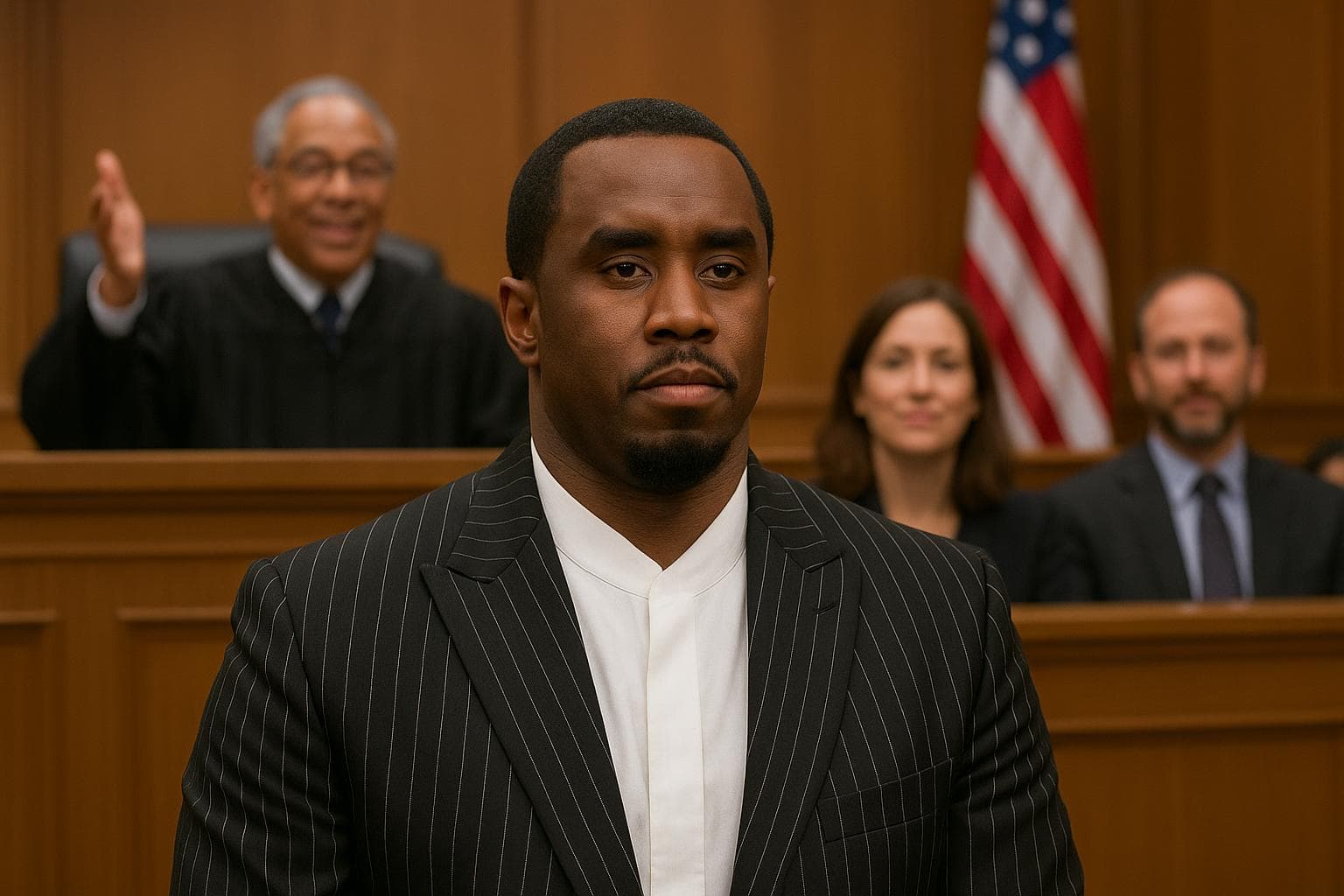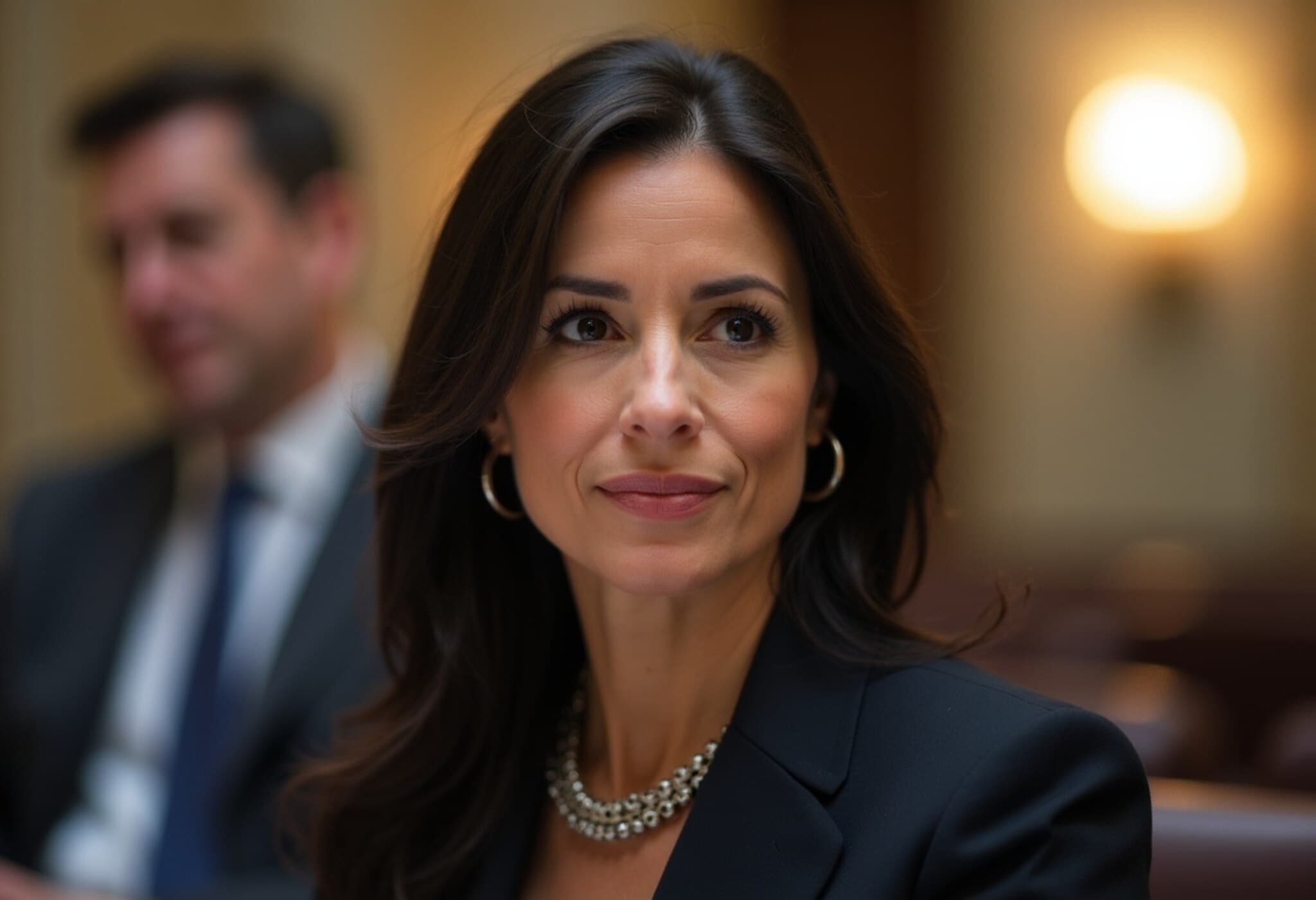The Rise of Martha's Vineyard as a Black Business Epicenter
Martha's Vineyard, historically cherished as a summer retreat for Black families, has evolved into a vibrant nexus for Black entrepreneurs, investors, and financial professionals each August. The convergence of cultural heritage and business acumen on this Massachusetts island has transformed the summer season into a powerhouse of networking, investment, and opportunity.
A Meeting Place for Ambition and Influence
Calvin Butts, founder of East Chop Capital—a private equity firm rooted in the very neighborhood of the Vineyard—describes the island's unique atmosphere as “the magic of introducing your network to someone else's network.” This synergy has led to significant capital raising, meaningful partnerships, and active deal-making within the Black business community.
Major corporations such as Disney, Cisco, Goldman Sachs, McDonald's, Google, Ford, McKinsey, and Comcast (parent company of CNBC) have recognized this opportunity. Throughout August, these companies sponsor an array of business-focused events, underscoring the increasingly strategic role Martha's Vineyard plays in advancing Black economic empowerment.
Key Events Fueling Black Economic Growth
- The Black Economic Alliance's "The Gathering" brings together corporate leaders committed to expanding opportunities for Black employees and enterprises.
- EBONY Magazine hosts collaborations with Black-owned brands like Uncle Nearest, integrating cultural heritage with modern entrepreneurship.
- Emerging luxury brands tap into the Vineyard's affluent and engaged audiences to elevate their market presence.
Melissa Bradley, General Partner of the BEA Venture Fund, articulates it well: "The Vineyard is a spot to capture an audience who wants to have an intellectual and financial conversation about how to uplift Black culture." This place is not just a vacation destination but an economic incubator and cultural beacon.
A Storied Legacy Meets Modern Enterprise
Martha's Vineyard's significance for Black Americans dates back over 100 years to the opening of Shearer Cottage in 1912, the first hotel welcoming Black guests on the island.
The town of Oak Bluffs and landmarks like Inkwell Beach symbolize a resilient community that resisted past segregation while fostering a deep sense of belonging. This history is reflected and celebrated through fashion, such as Ralph Lauren’s Oak Bluffs collection, and in the presence of cultural icons including Michelle and Barack Obama, Oprah Winfrey, and Spike Lee.
Building Business on Cultural Foundations
Eden Bridgeman Sklenar, CEO of EBONY Magazine, highlights the dual significance of presence on the Vineyard: “It’s both strategic and personal.” The platform offers a unique chance to connect culturally and commercially with a thriving Black entrepreneurial ecosystem.
Similarly, Donae Burston, founder of La Fête du Rosé, views the Vineyard community as a natural fit for his luxury brand’s growth. Acceptance by this high-net-worth audience helps his brand become an ambassador of prestige worldwide.
Continuing the Legacy of Black Excellence
Erin Goldson, a fourth-generation Vineyard summer resident, is pioneering the "Vineyard Icon Awards," celebrating trailblazers who intertwine culture and commerce on the island. She underscores the growing realization by companies of the concentration of successful Black professionals who congregate there each August.
"The Vineyard is not only a place for rest and relaxation," Goldson explains, "but also a unique space where Black ambition and aspiration are honored and elevated every year."
Expert Insight: Why This Matters Beyond Martha's Vineyard
This trend holds broader implications for economic inclusion and wealth-building within the Black community. By centering such events in a historically significant and culturally rich location, businesses and entrepreneurs can blend tradition with innovation. This blend showcases how spaces once marginalized can transform into incubators of empowerment.
Moreover, these gatherings help shift the narrative around Black wealth from scarcity to abundance, enhancing networks that directly support Black-owned businesses and professionals in accessing crucial capital, mentorship, and market opportunities.
Challenges and Future Outlook
- Economic Access: Despite increasing visibility, access to capital remains a challenge for many Black entrepreneurs outside exclusive networks.
- Inclusivity: Ensuring these events and networks remain accessible and inclusive to emerging entrepreneurs is essential for sustained growth.
- Cultural Preservation: Balancing commercial growth with the preservation of Martha's Vineyard's unique cultural heritage remains a delicate but important endeavor.
Editor’s Note
Martha's Vineyard's transformation into an annual hub for Black entrepreneurship is both a testament to resilience and a beacon for economic progress. As brands and investors gravitate toward this space, the challenge will be maintaining its cultural authenticity while expanding economic opportunity. For policymakers and business leaders, the Vineyard offers a compelling case study in leveraging heritage to catalyze wealth empowerment. How this model can be replicated across other historically significant Black communities presents a critical question for future economic inclusion strategies.












